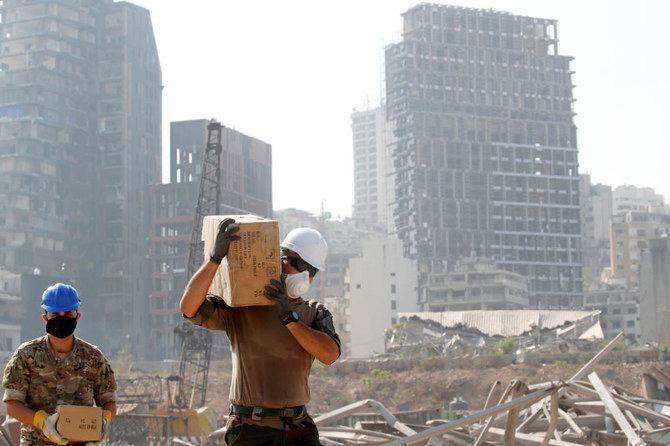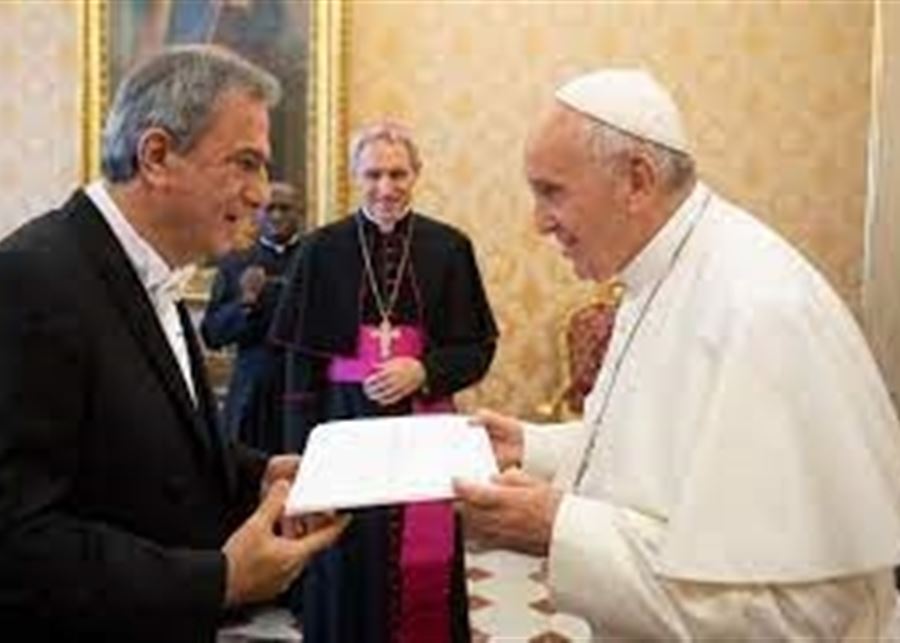
Al Arabiya — Saudi Arabia’s Crown Prince Mohammed bin Salman, French President Emmanuel Macron and Lebanese Prime Minister Najib Mikati held a phone call on Saturday during which all three countries agreed to work together on reforms in Lebanon. “His Excellency the Lebanese Prime Minister expressed Lebanon’s appreciation for the great efforts made by the Kingdom of Saudi Arabia and France to stand by the Lebanese people and the commitment of the Lebanese government to take everything that would strengthen relations with the Kingdom of Saudi Arabia and the Gulf Cooperation Council countries and reject everything that would harm their security and stability,” the Saudi Press Agency reported on the call. “It was agreed between the three countries to work together to support the comprehensive reforms necessary in Lebanon,” the statement added.
Macron announced on Saturday a Saudi-French initiative to solve a diplomatic row between several Gulf states and Lebanon. Saudi Arabia expelled Lebanon’s envoy to the kingdom, recalled its ambassador to Beirut and banned Lebanese imports after comments made by former Lebanese information minister George Kordahi.








